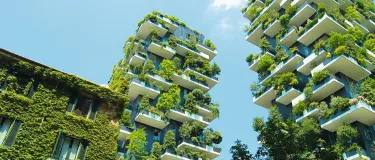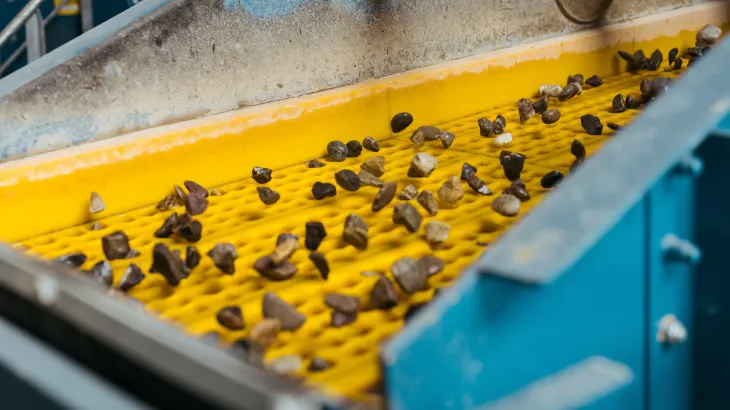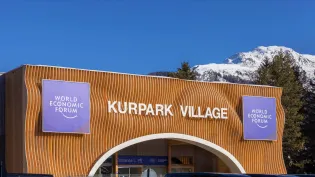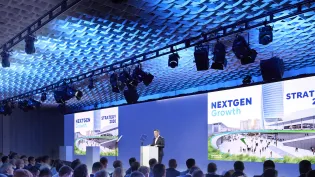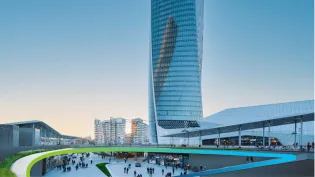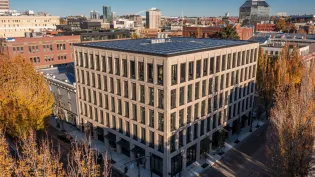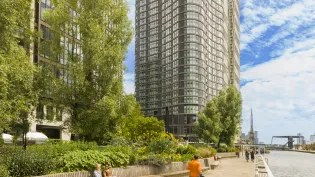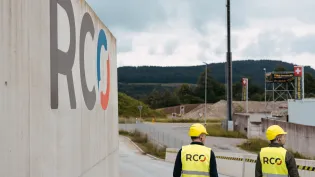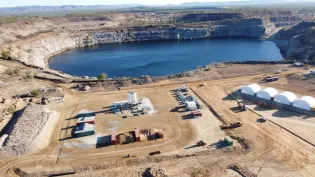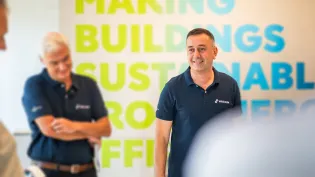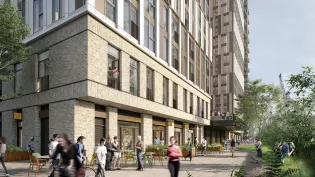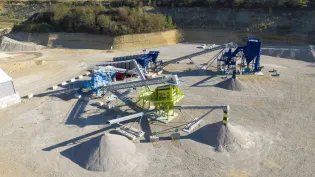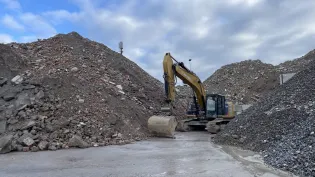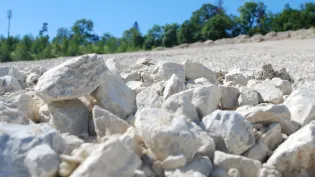circular economy
As a world leader in recycling, we apply the principles of “reduce, recycle and regenerate” across our business. Circularity is at the core of everything we do and is a lever for our net-zero journey.
OUR CIRCULAR ECONOMY TARGETS
By 2030, we will:
Recycle 20 million tons of construction demolition materials per annum
Increase recycled content in our cement to 30%
Recycle 70 million tons of waste and byproducts for alternative energy and raw materials
Partnering to accelerate change
Cities are ecosystems where all value chain actors have a role to play in enabling the transition to a circular economy. Given the complexity of this transformation, no single organization can get there alone. Deep collaboration between all actors in the construction value chain is critical.
We want to bridge the gap between what Holcim’s circular solutions and innovations can enable and what our markets are asking for. To do this, we are engaging with the most influential partners across our value chain to shift the paradigm together:
- Government authorities: to support enabling policies, such as evolving building norms and specifying more circular and low-carbon solutions in their projects, from infrastructure to buildings
- Investors: to redirect capital flows and investments towards circular construction
- Real estate and infrastructure developers: to specify circular and low-carbon solutions in their procurement and building standards
- Architects, engineers and designers: to specify circular and low-carbon solutions in their design, in line with today’s sustainability certifications, from LEED to BREEAM
- Companies: to innovate to develop new technologies, from recycling to digital material management and building their real estate parks with circular and sustainable materials and systems
- Citizens: to make circular lifestyle choices every day, from demanding greener and more circular homes to using recycling infrastructure systems
CONTRIBUTING TO UN SUSTAINABLE DEVELOPMENT GOALS
We work to have a positive impact on all 17 UN SDGs. Under our circular economy pillar we have identified five goals where we can make a significant difference:




